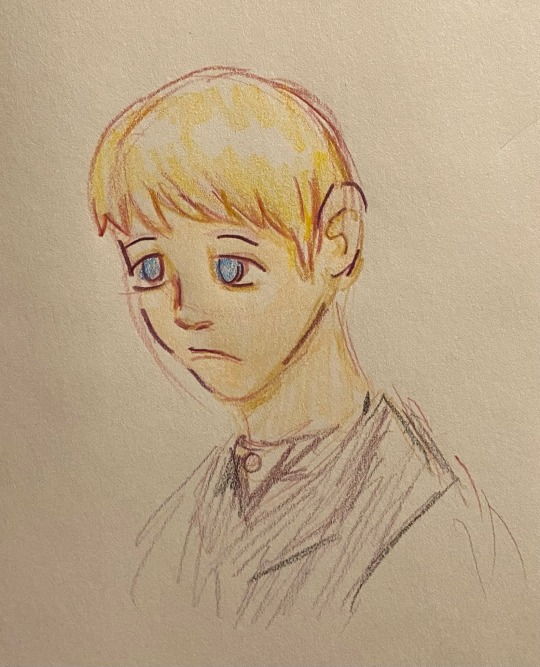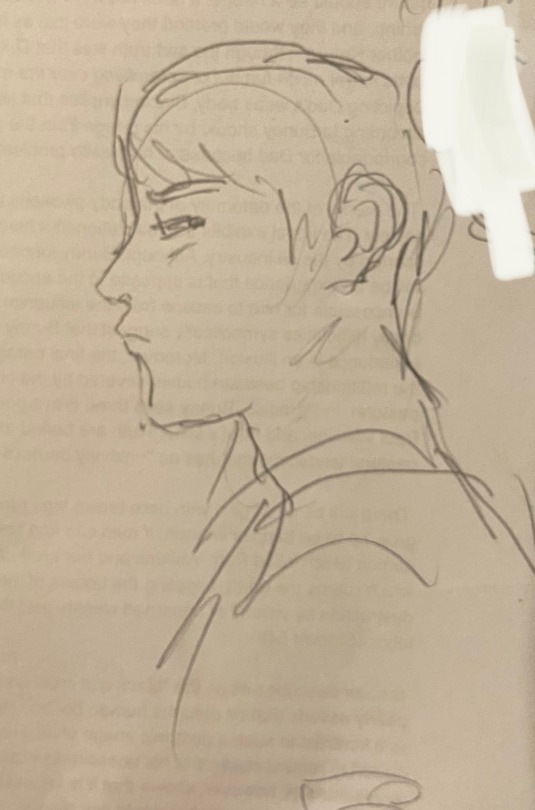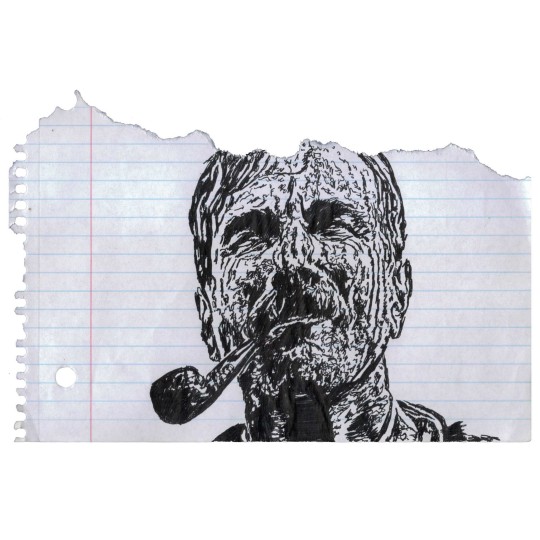#oil upton sinclair
Explore tagged Tumblr posts
Text

Everyday I think about this passage: Is Book Eli canonically a passenger princess…also goggles?? heavily veiled??

Is this a canonical Eli Watkins fit
18 notes
·
View notes
Text
This is what i assume Eli was doing in church when Paul talks about him having the shivers and visions in the novel


7 notes
·
View notes
Text
Yesterday I made this post (https://www.tumblr.com/kaibasupremacy/758723210571317248/all-the-eli-bits-in-oil-by-upton-sinclair), and today I finally obtained the 1929 Oil! play, so I am posting all the Eli bits from the play too (the other post is all the Eli bits from the novel)
It has four acts.
These are from the first act:










1/2
(The rest is in the reblogs)
15 notes
·
View notes
Text



He is very dear to me…
nothing more embarrassing than holding a blonde man dear in your thoughts. you were supposed to be the enemy.
16K notes
·
View notes
Text




There Will Be Blood [2007] | Directed by P.T. Anderson
#there will be blood#paul thomas anderson#daniel day lewis#paul dano#kevin j. o'connor#ciaran hinds#russell harvard#upton sinclair#johnny greenwood#epic#cinema#southern california oil boom#oil!#2000s
7 notes
·
View notes
Text
Ruth hadn't what you would call a theoretical mind; you never heard her talk about party tactics and political developments and things like that. She was instinctive, yet with class consciousness all the more intense and passionate for that. She had been through two strikes, and the things she had seen with her own eyes had been all the lessons in economics she would ever need. She knew that the workers in big industry are wage slaves, fighting for their very lives. And this war was not like capitalist wars—this one had to be, because the masters made it. But even thus believing in Paul's work, Ruth could not help being in a tension of anxiety.
Oil! - Upton Sinclair
#reading#books#quotes#character description#socialism#communism#oil#upton Sinclair#class consciousness
3 notes
·
View notes
Text



Oil! by Upton Sinclair
2 notes
·
View notes
Text
James Arnold Ross Jr., nicknamed “Bunny,” is the son of a self-made oil millionaire. As he comes of age, Bunny’s sympathies for oilfield workers and socialists often clash with his father and his father’s business partners, forcing him to confront the ethical implications of his family’s wealth and power.
As Bunny witnesses the devastating consequences of his father’s unethical business practices, including accidents and a worker strike, he finds himself torn between loyalty to his family and his burgeoning friendship with an oilfield worker, Paul Watkins. Paul, influenced by his experiences in post-World War I Siberia, becomes a fervent advocate for labor rights and embraces communism. The novel explores the complex dynamics of family, loyalty, and the pursuit of justice in a society driven by oil and power.
Sinclair’s narrative satirically critiques the flaws and weaknesses of all the characters, shedding light on the human condition in the face of greed and inequality. The book offers a profound examination of societal issues, delving into themes of corruption, greed, and the struggle for workers’ rights.
Oil! inspired the 2007 film There Will Be Blood. The novel’s enduring relevance lies in its exploration of the interplay between wealth and morality and its scathing commentary on the oil industry. Read free
#books#upton sinclair#oil!#free ebooks#free books#public domain#books and reading#books and writing#books and authors#books and literature#books and libraries#20th century literature#20th century#standard ebooks
12 notes
·
View notes
Text





book thoughts
#twbb#eli sunday#eli watkins#book fanart#upton sinclair#Oil!#not very accurate irt hairstyles#but im a slave to the bishie look#there will be blood
10 notes
·
View notes
Text
i had to watch "there will be blood" for my philosophy class and let me tell you i was shook to my core in the final act
#there will be blood#shit was crazy#it made me want to read the book though#since it was based on oil! by upton sinclair
4 notes
·
View notes
Text
On March 27, 2008, There Will Be Blood debuted in Czechia.


#there will be blood#paul thomas anderson#daniel day lewis#upton sinclair#oil!#historical drama#epic film#period drama#drama movies#drama film#social realist film#movie art#art#drawing#movie history#pop art#modern art#pop surrealism#cult movies#portrait#cult film
2 notes
·
View notes
Text

Fun Eli facts: He has seen one (1) movie
19 notes
·
View notes
Text
"It was a world in which some people worked all the time, and other played all the time. To work all the time was a bore, and no one would do it unless he had to; but to play all the time was equally a bore, and the people who did it never had anything to talk about that Bunny wanted to listen to. They talked about their play, just as solemnly as if it had been work: tennis tournaments, golf tournaments, polo matches--all sorts of complicated ways of hitting a little ball about a field! Now, it was all right, when you needed exercise and recreation, to go out and hit a little ball; but to make a life-work of it, to give all your time and thought to it, to practice it religiously, read and write books about it, discuss it for hours on end--Bunny looked at these fully grown men and women, with their elaborate outfits of 'sports clothes,' and it seemed to him they must be exercising a kind of hypnosis upon themselves, to make themselves believe that they were really enjoying their lives."
Upton Sinclair, Oil!
2 notes
·
View notes
Text
All the Eli bits in Oil! by Upton Sinclair
So lately I’ve been obsessing over There Will Be Blood (2007) and the novel it’s loosely based on. I think Oil! is a great book and I encourage you to read it in full, but I made a pdf with all the bits in which Eli Watkins appears or is mentioned if you want to incorporate book characterization to your depictions of Eli Sunday or if you are just curious.
He is my favorite character in the novel and I wish more ppl knew of him.
If I missed any line please tell me
17 notes
·
View notes
Photo
Paul Dano as Eli Sunday, a fascinatingly evil character.



PAUL DANO There Will Be Blood (2007) dir. Paul Thomas Anderson
#movies#classic movies#movies based on books#There Will Be Blood#Paul Dano#Paul Thomas Anderson#Oil!#Upton Sinclair
3K notes
·
View notes
Text
He purchased his ticket home, by way of Washington, and on the train he read the back newspapers, with the day by day account of what happened to his boyhood dream of a great oil field: enormous oceans of flame rolling over the earth, turning night into day with the glare, turning day into night with thunder clouds of smoke; rivers of blazing oil rushing down the valleys, and a gale of wind sweeping the fire from one hill to the next. A dozen great storage tanks had gone, and the whole refinery, with all its tanks, and some three hundred derricks, licked up and devoured in that roaring furnace.
Oil! - Upton Sinclair
0 notes